Del Ponte: UNMIK hindered Tribunal’s work
Former Hague Chief Prosecutor Carla Del Ponte says in her book that UNMIK hindered the Hague Tribunal’s work.
Wednesday, 19.03.2008.
12:58

Former Hague Chief Prosecutor Carla Del Ponte says in her book that UNMIK hindered the Hague Tribunal’s work. She states in her book, “The Hunt”, that UNMIK hindered the investigation into former Kosovo Liberation Army (KLA) leader Ramush Haradinaj. Del Ponte: UNMIK hindered Tribunal’s work Del Ponte claims that the Tribunal prosecution had problems with obtaining the necessary documents from UNMIK, “which were sometimes organized in a way that could not be used in a courtroom,” adding that UNMIK was “not always the best cooperator” for witness protection, of which she informed the UN Security Council in December 2005. She told then UN Secretary-General Kofi Annan that witnesses in trials before the Hague Tribunal did not trust UNMIK, explaining that UNMIK had started handing policing powers in Kosovo over to Albanians who had been former KLA members and who had “intimidated prosecution witnesses instead of protecting them.” “I told Annan about a poster in the center of Pristina with a picture of Haradinaj and a message of support from then UNMIK Chief Soren Jessen-Petersen. I also told him that, in the autumn of 2005, the UNMIK deputy chief had attended the wedding of one of Haradinaj’s close relations,” Del Ponte writes, adding that Annan had agreed that this did not set a good example. Describing the events surrounding the issue of the indictment against Haradinaj for crimes against Serbs, Roma and Albanians in Kosovo in 1998, Del Ponte states that there were no protests or violence in Kosovo at that time, mainly because of the pressure put on Pristina by the United States and the European Union. “It seemed as if Petersen objected to the indictment more than Haradinaj himself. Jessen-Petersen got on well with Haradinaj, and he did not hide this in his statement released after the indictment was issued,” Del Ponte recalls. “Jessen-Petersen’s words of praise for Haradinaj showed not only that the UNMIK administration was weak and controlled by Albanians, who practically rendered the UN mission pointless during the violence of March 2004, but that the UNMIK chief, who was also the secretary-general’s special representative, publicly stood on Haradinaj’s side during the trial at the UN Tribunal,” Del Ponte writes. As a result of continuing poor cooperation with UNMIK, the former Hague prosecutor wrote a letter to UN Under-Secretary-General for Legal Affairs Nicolas Michel, stating that UNMIK work regarding witness protection in Kosovo was still a serious problem despite the fact that Jessen-Petersen had been made aware of the problems on six separate occasions. She says that the Tribunal and UNMIK agreed on a system for witness protection and their swift transfer to secure locations, based on files with confidential information about the witnesses and their families. She says that when an agreement was reached for the documents to be handed over to the Tribunal, “UNMIK claimed that all of the files had been destroyed.” UNMIK later changed its story, stating that the files still existed and that they would be transferred, but once they were sent, it was confirmed that half of the documents were missing. The rest of the files were later given to the Tribunal by an UNMIK official, and Del Ponte wrote a letter to the UN complaining that it was “incomprehensible for such important and sensitive documents to be handled with such a lack of care.” “I relayed everything to the UN secretary general’s special representative, but our understandable concern was completely ignored,” the former Hague prosecutor wrote to Michel. She recalls that when the Tribunal submitted a request for the transfer of information on the murder of Tahir Zemaj, a witness in the Haradinaj case, UNMIK sent a document in which the most important facts had been altered. “It is unacceptable for such information to be hidden from the Tribunal, and a horrible message is being sent to Albanians who would like to cooperate with my office,” Del Ponte wrote, adding that Haradinaj regularly met with UNMIK high officials, including Jessen-Petersen. “How can the rule of law be implemented if UNMIK chiefs so openly support a person who is accused of some of the gravest crimes in international law? A message is being sent that Tribunal indictments are meaningless, and that one accused is well regarded and even supported by the head of the UN mission. Such developments are very worrying and render our efforts in the Haradinaj case futile,” the former chief prosecutor stated. Carla Del Ponte (FoNet, archive)
Del Ponte: UNMIK hindered Tribunal’s work
Del Ponte claims that the Tribunal prosecution had problems with obtaining the necessary documents from UNMIK, “which were sometimes organized in a way that could not be used in a courtroom,” adding that UNMIK was “not always the best cooperator” for witness protection, of which she informed the UN Security Council in December 2005.She told then UN Secretary-General Kofi Annan that witnesses in trials before the Hague Tribunal did not trust UNMIK, explaining that UNMIK had started handing policing powers in Kosovo over to Albanians who had been former KLA members and who had “intimidated prosecution witnesses instead of protecting them.”
“I told Annan about a poster in the center of Priština with a picture of Haradinaj and a message of support from then UNMIK Chief Soren Jessen-Petersen. I also told him that, in the autumn of 2005, the UNMIK deputy chief had attended the wedding of one of Haradinaj’s close relations,” Del Ponte writes, adding that Annan had agreed that this did not set a good example.
Describing the events surrounding the issue of the indictment against Haradinaj for crimes against Serbs, Roma and Albanians in Kosovo in 1998, Del Ponte states that there were no protests or violence in Kosovo at that time, mainly because of the pressure put on Priština by the United States and the European Union.
“It seemed as if Petersen objected to the indictment more than Haradinaj himself. Jessen-Petersen got on well with Haradinaj, and he did not hide this in his statement released after the indictment was issued,” Del Ponte recalls.
“Jessen-Petersen’s words of praise for Haradinaj showed not only that the UNMIK administration was weak and controlled by Albanians, who practically rendered the UN mission pointless during the violence of March 2004, but that the UNMIK chief, who was also the secretary-general’s special representative, publicly stood on Haradinaj’s side during the trial at the UN Tribunal,” Del Ponte writes.
As a result of continuing poor cooperation with UNMIK, the former Hague prosecutor wrote a letter to UN Under-Secretary-General for Legal Affairs Nicolas Michel, stating that UNMIK work regarding witness protection in Kosovo was still a serious problem despite the fact that Jessen-Petersen had been made aware of the problems on six separate occasions.
She says that the Tribunal and UNMIK agreed on a system for witness protection and their swift transfer to secure locations, based on files with confidential information about the witnesses and their families. She says that when an agreement was reached for the documents to be handed over to the Tribunal, “UNMIK claimed that all of the files had been destroyed.”
UNMIK later changed its story, stating that the files still existed and that they would be transferred, but once they were sent, it was confirmed that half of the documents were missing.
The rest of the files were later given to the Tribunal by an UNMIK official, and Del Ponte wrote a letter to the UN complaining that it was “incomprehensible for such important and sensitive documents to be handled with such a lack of care.”
“I relayed everything to the UN secretary general’s special representative, but our understandable concern was completely ignored,” the former Hague prosecutor wrote to Michel.
She recalls that when the Tribunal submitted a request for the transfer of information on the murder of Tahir Zemaj, a witness in the Haradinaj case, UNMIK sent a document in which the most important facts had been altered.
“It is unacceptable for such information to be hidden from the Tribunal, and a horrible message is being sent to Albanians who would like to cooperate with my office,” Del Ponte wrote, adding that Haradinaj regularly met with UNMIK high officials, including Jessen-Petersen.
“How can the rule of law be implemented if UNMIK chiefs so openly support a person who is accused of some of the gravest crimes in international law? A message is being sent that Tribunal indictments are meaningless, and that one accused is well regarded and even supported by the head of the UN mission. Such developments are very worrying and render our efforts in the Haradinaj case futile,” the former chief prosecutor stated.











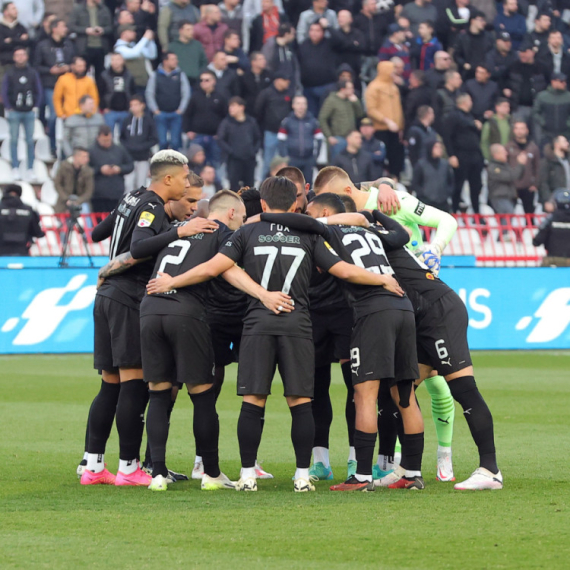



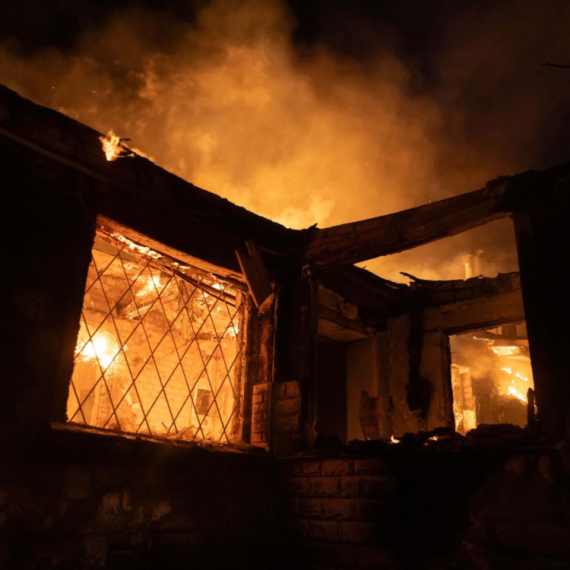
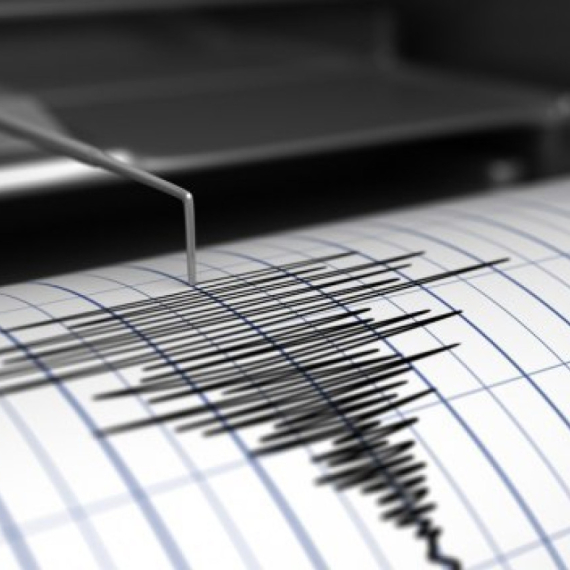

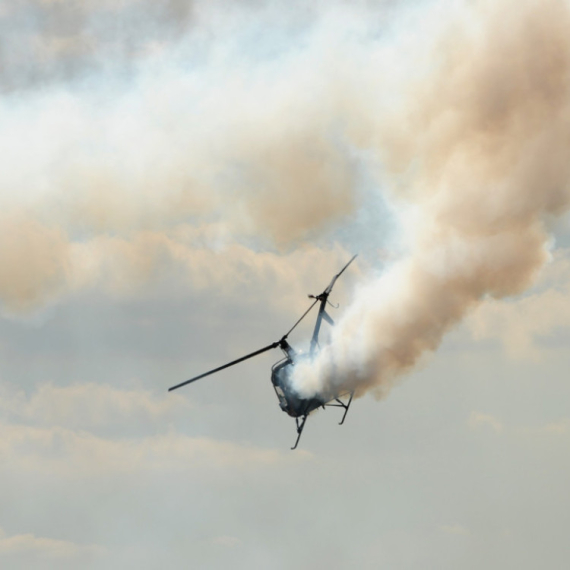



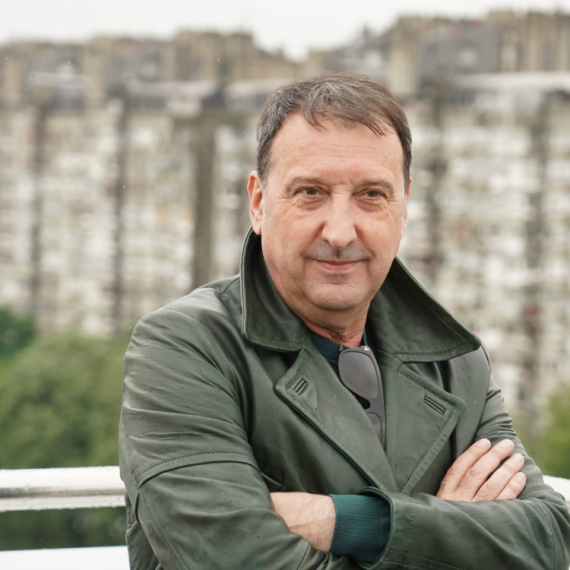
























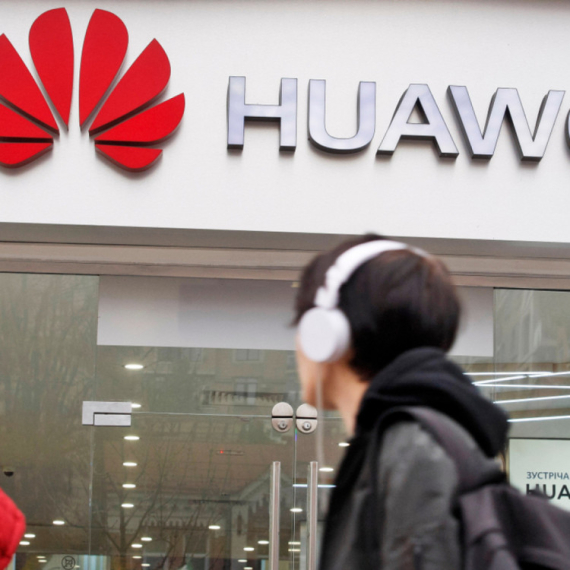











Komentari 13
Pogledaj komentare